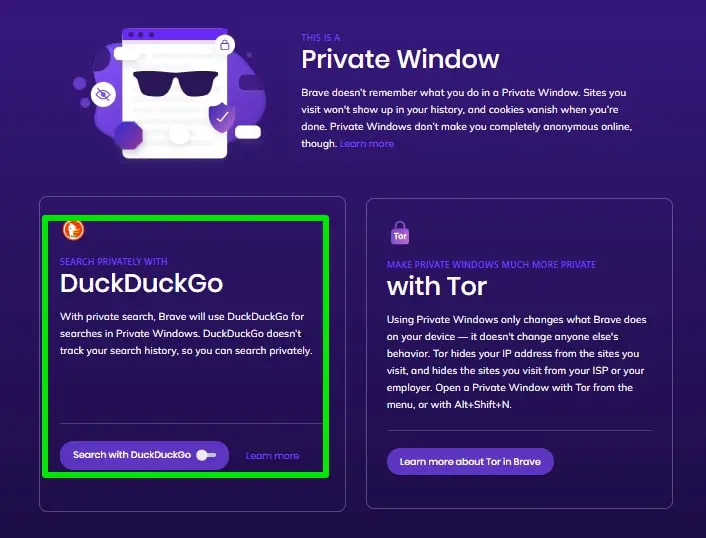


“ AMP gives Google an even broader view of which pages people view on the Web, and how people interact with them … AMP gives Google an even broader view of which pages people view on the Web, and how people interact with them … AMP encourages more of the Web to be served from Google’s servers, under Google’s control and arbitrary non-standards. However, once De-AMP is enabled by defaulted in version 1.38 for desktop and Android, it will employ a number of techniques to direct users to webpages on the publisher’s website, rather than AMP webpages hosted by Google.īrave’s announcement of De-AMP argues that AMP is harmful to privacy, is bad for security, and furthers the monopolization of the Web. Brave announced a new feature for the Brave web browser called “De-AMP.” De-AMP is currently available in Nightly and Beta version of Brave browser. This week, two privacy oriented browser and search engine companies announced efforts to push back against the growth of AMP in the name of privacy. Google’s continued role in AMP raises privacy concerns, given the company’s collection and sale of user data for advertising purposes. Even though AMP is an open source project and Google transitioned AMP to an open governance model in 2018, Google is still heavily involved in AMP and owns and operates servers necessary to AMP’s functioning. While the growth in prevalence of AMP webpages may mean faster load times, there are also possible privacy implications.


 0 kommentar(er)
0 kommentar(er)
